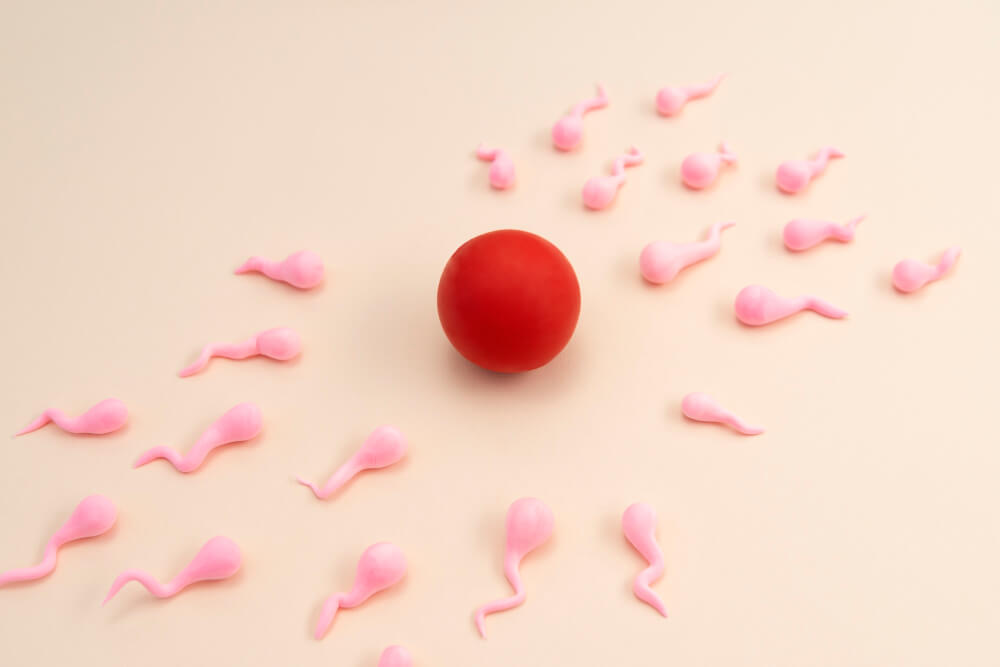Packing your hospital bag

As your due date approaches, one of the most important tasks you’ll want to check off your list is packing your hospital bag. Being prepared ahead of time will reduce last-minute stress and allow you to focus on what truly matters welcoming your new baby into the world.
When Should You Pack Your Hospital Bag?
It’s a good idea to have your hospital bag packed by week 36 or 37 of pregnancy. Babies can be unpredictable, and being ready early ensures you’re not scrambling when the time comes. If you’re experiencing a high risk pregnancy or carrying multiples, consider packing even earlier.
What to Pack in Your Hospital Bag
1. Essentials for Mom
-
Hospital paperwork and ID: Keep your ID, insurance card, and any hospital paperwork handy in a folder.
-
Birth plan (if any): Bring a printed copy to share with your healthcare team.
-
Comfortable clothing: Pack a loose fitting gown or robe, nursing-friendly tops, maternity leggings or pajamas, and a going-home outfit.
-
Non-slip socks or slippers: For walking the hospital halls during labor or recovery.
-
Toiletries: Toothbrush, toothpaste, face wash, lip balm (hospitals can be dry), hairbrush, dry shampoo, deodorant, hair ties, and your favorite moisturizer.
-
Postpartum supplies: Maternity pads (the hospital usually provides these, but you may prefer your own), nipple cream, and nursing bras or tanks.
-
Phone & charger: Consider a long charging cable as outlets may not be nearby.
-
Snacks & drinks: Hospitals may not always offer what you crave. Pack light snacks like granola bars, nuts, or crackers.
2. For Labor Support Partner
-
Change of clothes: Including something comfortable to sleep in.
-
Toiletries: Especially if staying overnight.
-
Camera or phone for photos: And charger!
-
Snacks and water: Labor can be long, and your partner will need energy too.
-
List of contacts: For sharing the big news.
3. For Baby
-
Going-home outfit: Choose soft, weather-appropriate clothing.
-
Newborn diapers and wipes: The hospital usually provides these, but a few extras won’t hurt.
-
Blanket or swaddle: Especially if it’s a cooler season.
-
Hat and mittens: To keep baby warm and prevent accidental scratches.
-
Infant car seat: Hospitals won’t let you leave without one. Ensure it's properly installed before heading to the hospital.
4. Optional Comfort Items
-
Pillow from home: In a non white pillowcase so it doesn’t get mixed up with hospital linens.
-
Essential oils or diffuser: For relaxation during labor.
-
Earbuds or speaker: To listen to calming music or affirmations.
-
Favorite book or magazine: Something light for distraction during early labor or recovery.
Hospital Bag Tips
-
Use separate bags: Consider packing three small bags one for labor, one for postpartum recovery, and one for the baby.
-
Label your bags: This helps your partner or nurse find items quickly when needed.
-
Pack light but smart: The hospital provides many necessities. Focus on what will make you feel comfortable and cared for.
Related Articles

Avoiding harsh products during breakouts

Keeping your skin clean and moisturized

Being okay with saying no

Managing Work Stress During the First Trimester

Baby development at 2 weeks

Respecting boundaries

Foods that can reduce inflammation

Baby development at 38 weeks